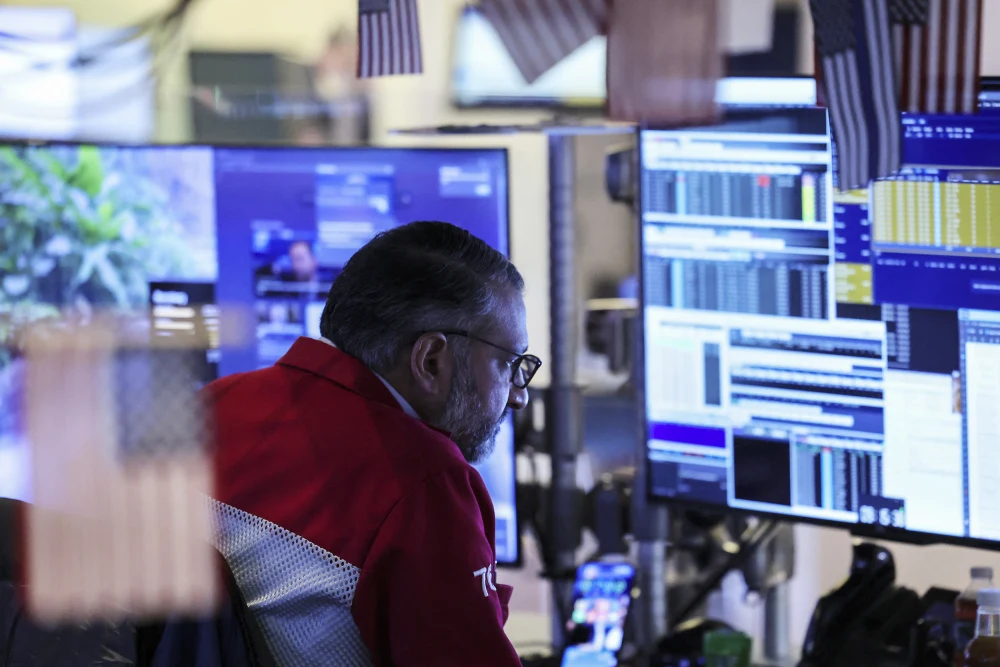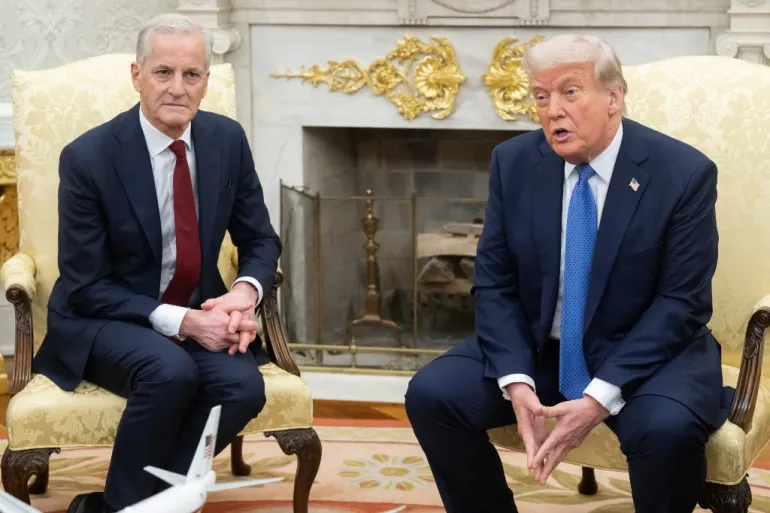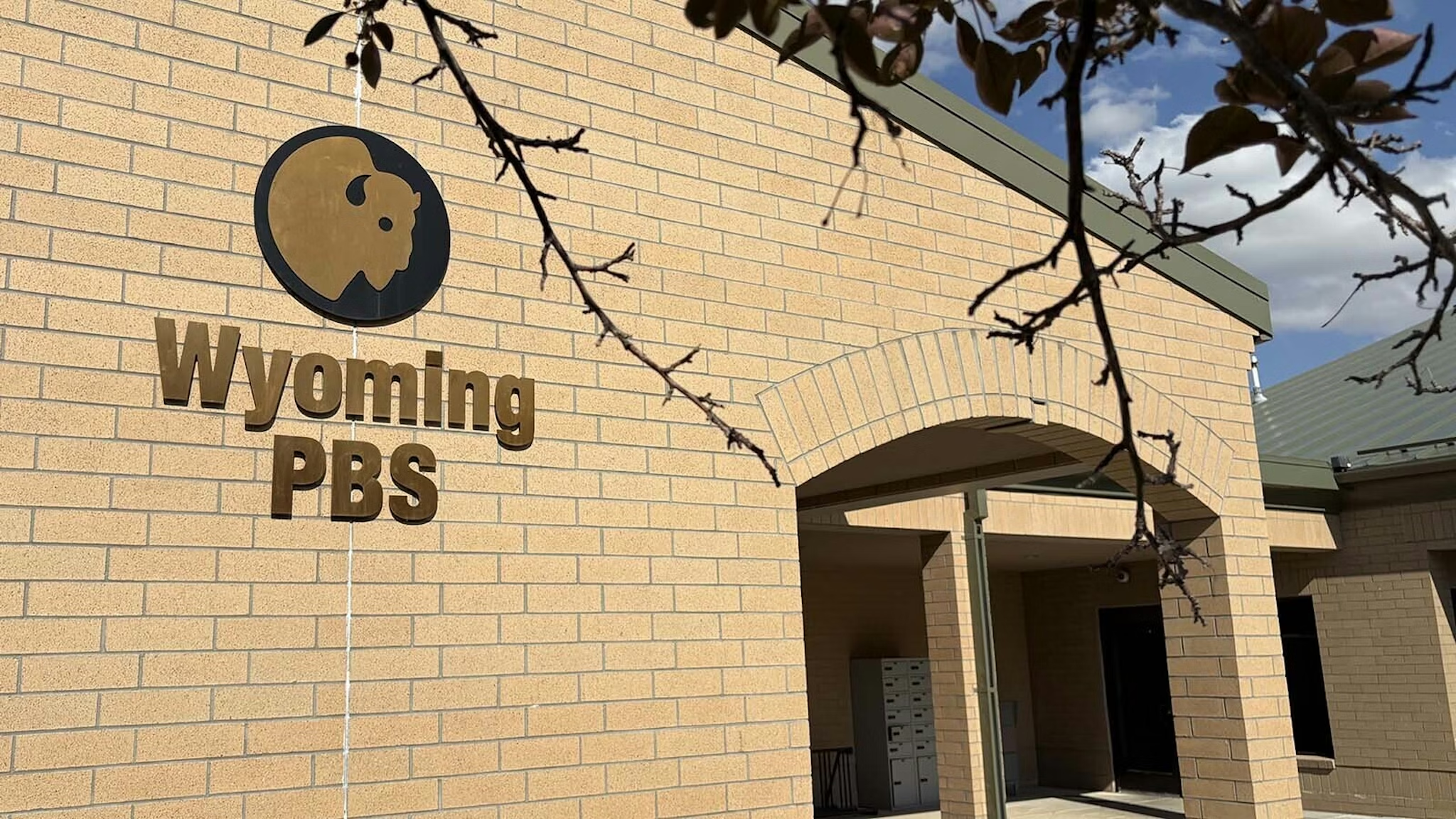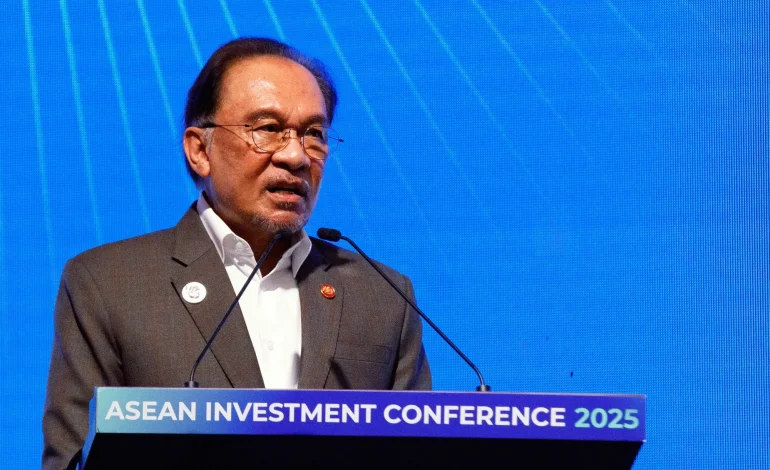Following President Donald Trump’s implementation of new global tariffs, Southeast Asian nations are mobilizing to mitigate the economic impact and engage in discussions with the United States, Bloomberg reports.
Several countries, including Malaysia, Indonesia, and Thailand, are sending official delegations to Washington D.C. for trade talks.
The so-called “reciprocal tariffs,” which vary based on each country’s trade relationship with the US, have hit Southeast Asian economies hard. Malaysia faces a 24% levy, Indonesia 32%, Vietnam 46%, Singapore 10%, and the Philippines 17%.
In response, countries across the region are pursuing a two-pronged strategy: implementing domestic policies to bolster their economies and seeking tariff relief through negotiations with the US.
Adding to the flurry of diplomatic activity, Indonesian has announced plans to send a heavyweight delegation to Washington next week, including Finance Minister Sri Mulyani Indrawati and the economy and foreign ministers.
Thailand’s Deputy Prime Minister Pichai Chunhavajira will also visit the US, Prime Minister Paetongtarn Shinawatra said in a statement on Sunday, without specifying any timing. “What we will communicate to the US government is that Thailand is not just an exporter, but we are a reliable ally and economic partner,” Paetongtarn said.
Prime Minister Lawrence Wong told lawmakers on Tuesday that Singapore will set up a taskforce to address economic uncertainties, warning that the official growth forecast of 1%-3% for 2025 is likely to be revised lower.
Singapore will convene a Special Asean Economic Ministers’ Meeting this week to discuss how the bloc can work together to boost trade and as a “strong signal of Asean’s commitment to regional economic integration,” he said.
The Philippines said on Monday that it may cut tariffs on US products, while also consider joining a potential collective response by Asean.
As the current chair of the Association of Southeast Asian Nations (ASEAN), Malaysia is taking a lead role in coordinating a regional response to the US tariffs. Prime Minister Anwar Ibrahim deviated from a distributed written copy of a speech on Tuesday to specifically note his talks with other Asean nations.
Anwar also called for greater internal economic cooperation within ASEAN, including more regulatory alignment, cross-border logistical work and digital connectivity.
The Malaysian Prime Minister, who served as finance minister during the Asian financial crisis of 1997-1998, stated that the “Trump tariffs” represent just one of many challenges to multilateralism. Acknowledging the significant economic power of the bloc, with total trade in goods of $3.5 trillion, ASEAN is committed to finding a unified and effective solution to address the trade disruptions caused by the new US tariffs.










The latest news in your social feeds
Subscribe to our social media platforms to stay tuned